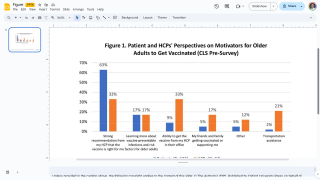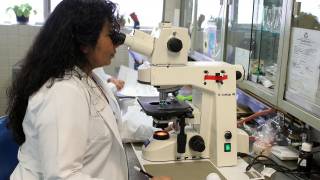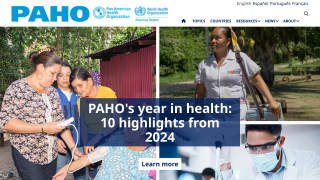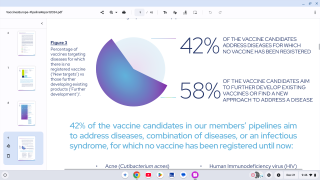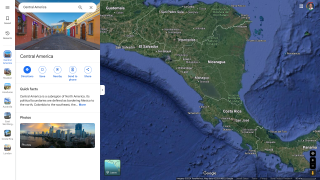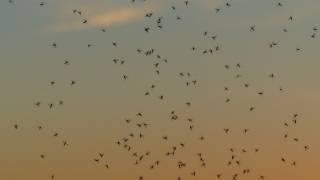Chikungunya Vaccination Outperforms Medication Treatment ROI

The British Medical Journal, one of the world's leading peer-reviewed medical journals, recently revealed that mosquito-transmitted Chikungunya infections have a 'higher disease burden than previously estimated, and the related costs are substantial.'
On December 2, 2024, these researchers wrote, 'Chikungunya outbreaks significantly impact local health systems due to its unpredictable and explosive nature.'
Furthermore, 'A key factor of chikungunya's global economic and health burden is the underreporting factor, as highlighted in our sensitivity analysis.'
This study estimated the global direct cost at $2.8 billion and the indirect cost at $47.1 billion between 2011 and 2020, resulting in a health burden of 1.95 million disability-adjusted life years (DALYs) during this period. Long-term chronic illness was the source of most costs and DALYs.
Mortality's impact was limited in this analysis, which aligns with previous studies.
These researchers wrote, 'Our study may have underestimated the role of medication costs in the overall economic burden. A previous study found an average medication cost per chronic case of $901, whereas our research estimates $87.88. This analysis raises total costs by $6.17 billion, an 11% increase.'
'These findings may surprise public health leaders, as global health or cost estimates (for Chikungunya outbreaks) have been under-modeled thus far,' added these researchers.
Over the past few years, Chikungunya cases have significantly increased in the Americas region. As of December 2024, the Pan American Health Organization reported over 412,120 cases and 204 related fatalities in the Americas this year.
Another topic not addressed in this modeling study is the difference between medication costs and the use of preventive vaccination.
With the U.S. FDA's approval in 2023, Valneva SE's IXCHIQ® became the first vaccine to address Chikungunya virus infections.
According to various vaccine retailers, the cost of IXCHIQ® is under $390, which, according to this study's medication cost and economic burden analysis, vaccination can produce a measurable return on investment.
"The long-term consequences or even the existence of Chikungunya is unknown to most travelers," commented Crockett Tidwell RPh, CDCES, CTH, International Society of Travel Medicine Certificate in Travel Health™, Certified Diabetes Care and Education Specialist.
"People should always seek the advice of a trained Travel Health Specialist before any international travel. The approval of a highly effective vaccine is a welcome tool and a game changer," added Tidwell, Clinical Services Manager at United Supermarkets in Lubbock, Texas.
Furthermore, vaccination may protect people for several years. A recent study concluded that IXCHIQ delivered very high efficacy (97%) for about three years, which enhances the vaccine's long-term economic value proposition.
Juan Carlos Jaramillo, M.D., Chief Medical Officer of Valneva, commented in a press release on December 4, 2024, "This landmark analysis is very informative as it provides a comprehensive overview of the chikungunya burden worldwide and until now, estimates of chikungunya's economic and health impact were limited and potentially underestimated."
"Due to climate change, mosquito-borne diseases have become a year-round menace and continue spreading, increasing the potential for outbreaks."
Since the U.S. CDC maintains a Travel Health Advisory focused on Chikungunya outbreaks in 2024, international travelers should speak with a travel expert about vacation and/or treatment options one month before departing abroad.
Our Trust Standards: Medical Advisory Committee



